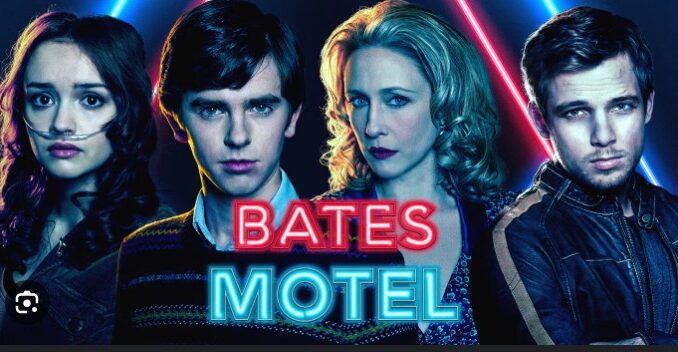
When audiences first encountered Highmore as Charlie Bucket in Tim Burton’s “Charlie and the Chocolate Factory” (2005), they were captivated by a child actor who could convey genuine emotional depth without sacrificing authenticity. Charlie wasn’t merely “cute” or “precocious”—common traps for child performances—but thoughtful, determined, and possessed of a wisdom beyond his years.
“There’s a soulfulness to Freddie,” Tim Burton observed during filming. “He never plays for sympathy, which is rare in child actors. He simply inhabits the character’s reality completely.”
What made Highmore’s Charlie so compelling was the perfect balance of childlike wonder and premature responsibility. His eyes lit up at the magical confections of Wonka’s factory, yet carried the weight of his family’s poverty and his grandfather’s fragile health. This ability to layer emotions—to be simultaneously joyful and concerned, hopeful and protective—hinted at the sophisticated actor developing behind those innocent features.
Johnny Depp, who played Willy Wonka opposite Highmore’s Charlie, recognized this quality immediately. “Working with Freddie is like working with a very wise 75-year-old actor who happens to be trapped in a child’s body,” Depp remarked. “His instincts are impeccable.”
The Disappearing Act
Following the success of “Charlie and the Chocolate Factory” and films like “Finding Neverland” and “August Rush,” Highmore made a decision that would prove crucial to his artistic development: he stepped away from the spotlight. While many child actors rush from project to project, capitalizing on their momentary fame, Highmore prioritized education, attending Cambridge University to study Arabic and Spanish.
This deliberate retreat allowed him something precious in Hollywood: the space to mature away from public scrutiny. When he returned to acting, it wasn’t as a former child star attempting to prove himself, but as a trained actor making thoughtful choices.

“I think education gave me perspective,” Highmore later reflected. “Acting became a choice rather than just the thing I’d always done. That changes how you approach roles and the kinds of challenges you’re willing to take on.”
This perspective would prove essential for the dramatic transformation that was to come—a transformation that would defy every expectation set by his earlier career.
Entering the Motel
When casting was announced for “Bates Motel,” a contemporary prequel to Alfred Hitchcock’s “Psycho,” few could have predicted that the role of young Norman Bates would go to the actor best known as Charlie Bucket. Yet this counterintuitive casting proved to be a stroke of genius, both for the show’s creators and for Highmore’s career.
The role required something extraordinarily difficult: creating a character who is simultaneously sympathetic and disturbing, vulnerable and dangerous. Norman Bates needed to be a character viewers could care about while never letting them forget his eventual evolution into one of cinema’s most iconic killers.
Highmore approached this challenge with remarkable psychological insight. His Norman was not a horror-movie villain in the making, but a fragile young man fighting against his own nature—a person trapped in patterns of thought and behavior he neither fully understood nor could control.
“What interested me about Norman wasn’t the violence or the diagnoses,” Highmore explained in interviews. “It was the struggle—this person trying desperately to be good while feeling impulses that terrified him.”
The physical transformation was striking. Gone were the open expressions and natural movements of his childhood roles. Highmore’s Norman moved with a contained tension, his posture slightly too rigid, his smile never quite reaching his eyes. When Norman experienced moments of dissociation or rage, Highmore conveyed these shifts with subtle alterations in his gaze and vocal patterns rather than broad, theatrical displays.
Perhaps most impressively, Highmore avoided the trap of simply impersonating Anthony Perkins’ original portrayal. Instead, he created a younger version of Norman that could believably evolve into the character audiences knew, while remaining distinct and specific to the show’s reimagined universe.
